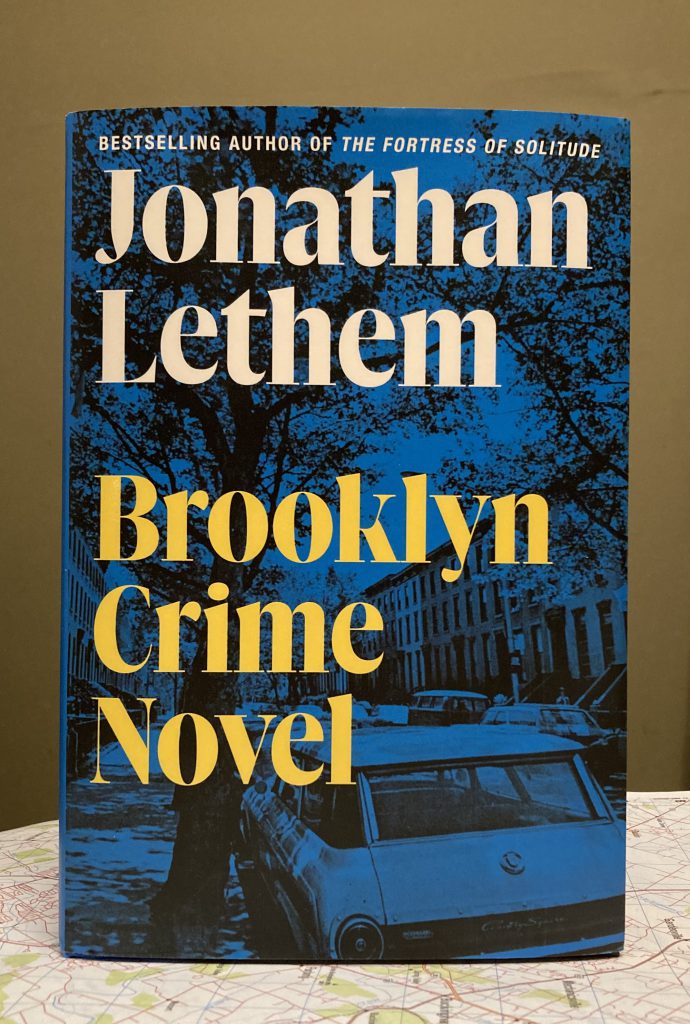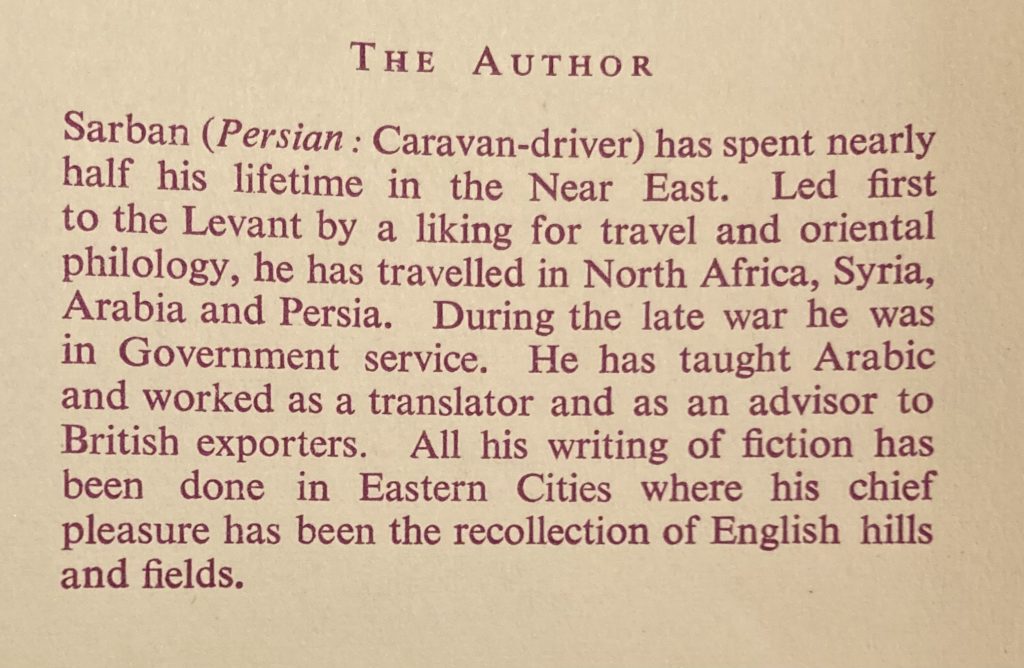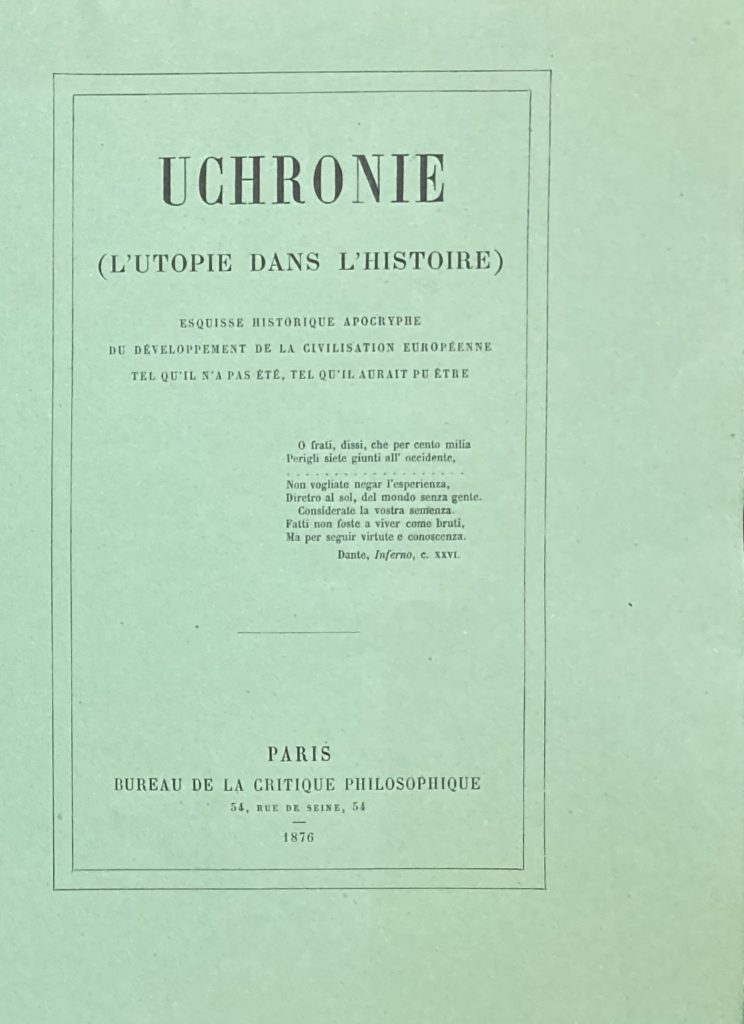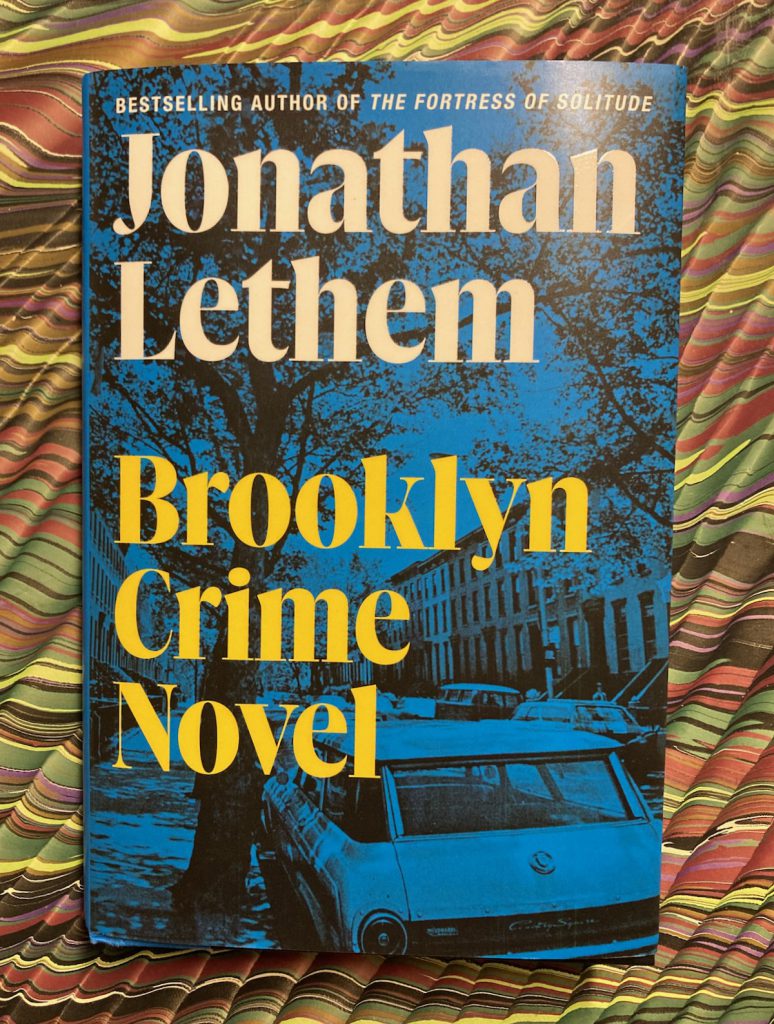
— Jonathan Lethem. Brooklyn Crime Novel. Ecco, [2023]
Brooklyn Crime Novel is a fun and tricky book. Let’s get right to the metaphor: a city street with its posse of fungible boys is the whaling ship Pequod with its disparate crew. These are two worlds that seem self-contained but are not, for each is an economic construct in the service of a global market and deeply entangled with the world outside its confines : the City is the Ocean. The cataloguer of Brooklyn childhoods is blood-brother to the sub-sub-librarian compiler of cetology. So is the Brazen-Head Wheeze. This means I got right to Melville, who (like H. P. Lovecraft) shows up at this block party.
If this were a fantasy novel, one would expect a map at the endpapers or frontispiece. Instead, one can turn to a nonfiction cognate of Brooklyn Crime Novel, “A Neighborhood, Authored”, published by Lethem in the New Yorker a couple of months before his novel appeared (28 August 2023). This is a metatextual examination of the geography and sociology of his childhood as charted in “The Making of Boerum Hill”, a New Yorker article by Jervis Anderson (14 November 1977). Very helpfully, for readers outside the Neighborhood, there is a map:
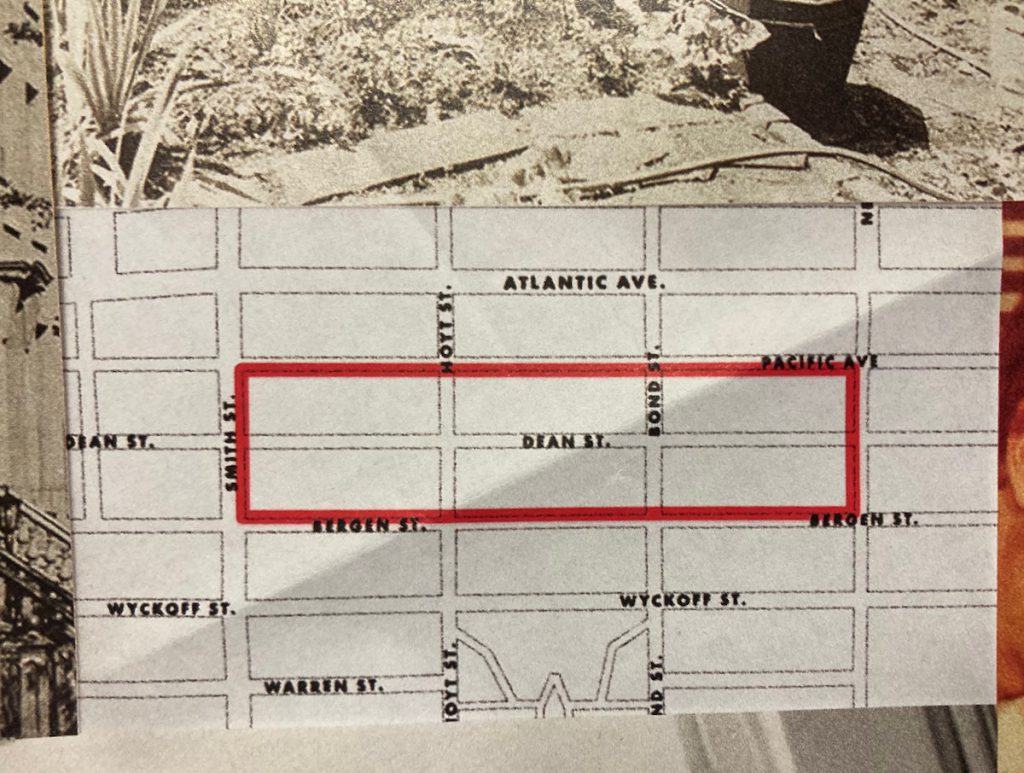
This is an agglutinative tale (124 numbered sections) : a catalogue and “an infinite regress” of life on the brownstone blocks of the Brooklyn neighborhood : the brownstoners, the Screamer, Milt the Vigilante, the millionaire, and others. The boys leave the false oases of family life and the safe parts of the block every time they go out to school. They are taxed by kids from rougher streets and projects, and learn the expected behavior of an urban dance of confrontation, what is said, and the gaps and silences of what is unspoken. “The dance is a dance because no one can tell you in words. The dance is a dance because you have to learn how to do it.”
At first I had wondered about just who might be complicit in this editorial or authorial “we” that began sneaking into the text, but Lethem soon confronts this unease and incorporates it into the narrative. There is a collective voice of the neighborhood, and “we” sometimes means “Everybody” ; and sometimes again, that universal consciousness seems to concentrate itself into a single person:
using in each realm his special talents to ingratiate himself to his friends’ parents, too, to get inside all their houses and say a political ma’am to somebody’s mother like he was trained to do, thus enabling him to conduct his serial investigations, C. felt he was the only person who knew everything about this place. He was stretched like a bridge across worlds.
One funny thread is the recurring notion that H.P. Lovecraft’s library has survived in a basement somewhere in Brooklyn (he did live there in a one-room apartment for a few miserable months in 1925-1926), and this gets tangled up with the chronicle of the apprentice bookseller. Some people barely survive their childhoods, and Brooklyn Crime Novel steps into that territory for a while. Cruelties are enacted unflinchingly; and the boys of the neighborhood disperse into adulthood. Sometimes their paths cross again. Lethem shows considerable courage in revisiting childhood terrain, gently mocking versions of his younger self. The narrator says, “Me ? I’m just a character in this novel, the one who happens to be writing it. But someone like me surely existed.” He and the Brazen Head Wheeze are scathing about “the novelist”. “He’s the same kid, the kid we knew. He’s only a bigger kid.” When they track “the novelist” to another bar, the Brazen Head Wheeze lets him have it, “You’re our prodigal collective mouthpiece. Our bard, if I may [. . .] Let me take you to the bridge, you said, and you did. You took me to the bridge, and from that soaring span I beheld the city whole and entire.” Jonathan Lethem knows you can’t go home again but in Brooklyn Crime Novel he deftly enables the rest of us visit the neighborhood for a while.

